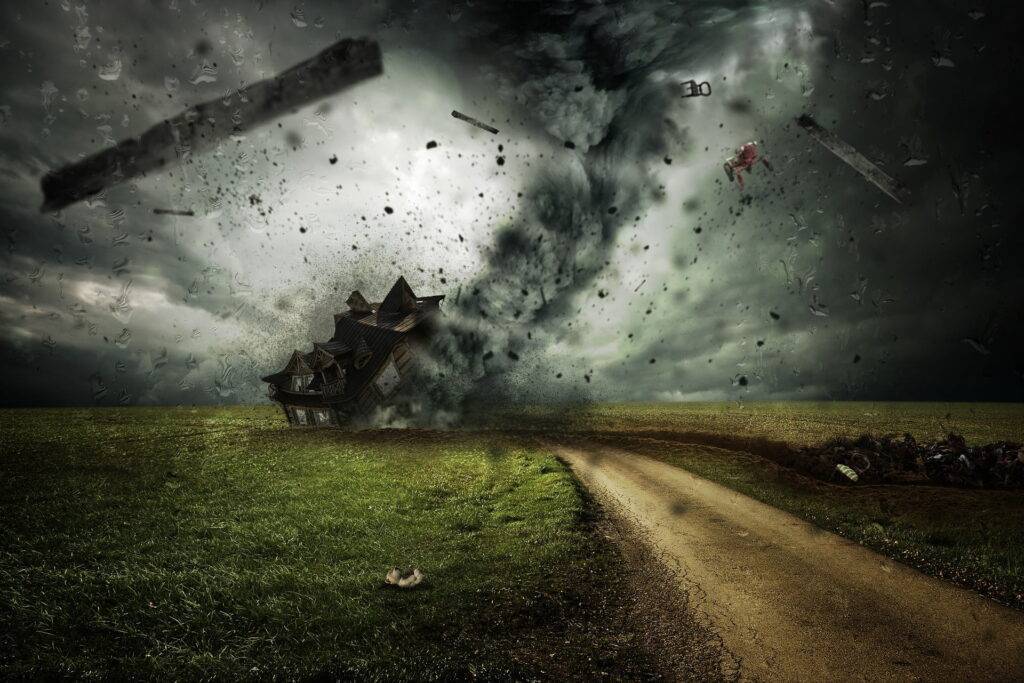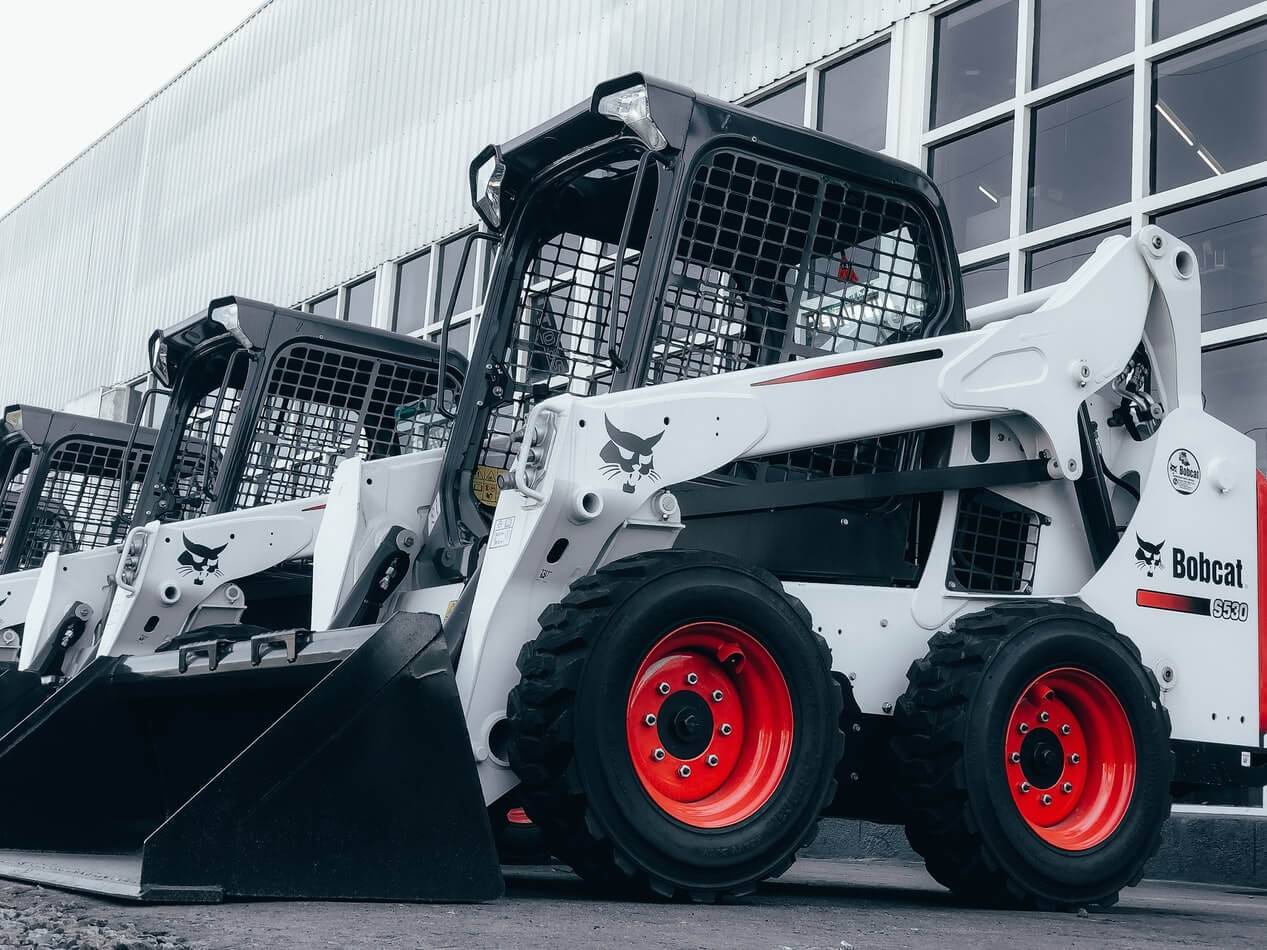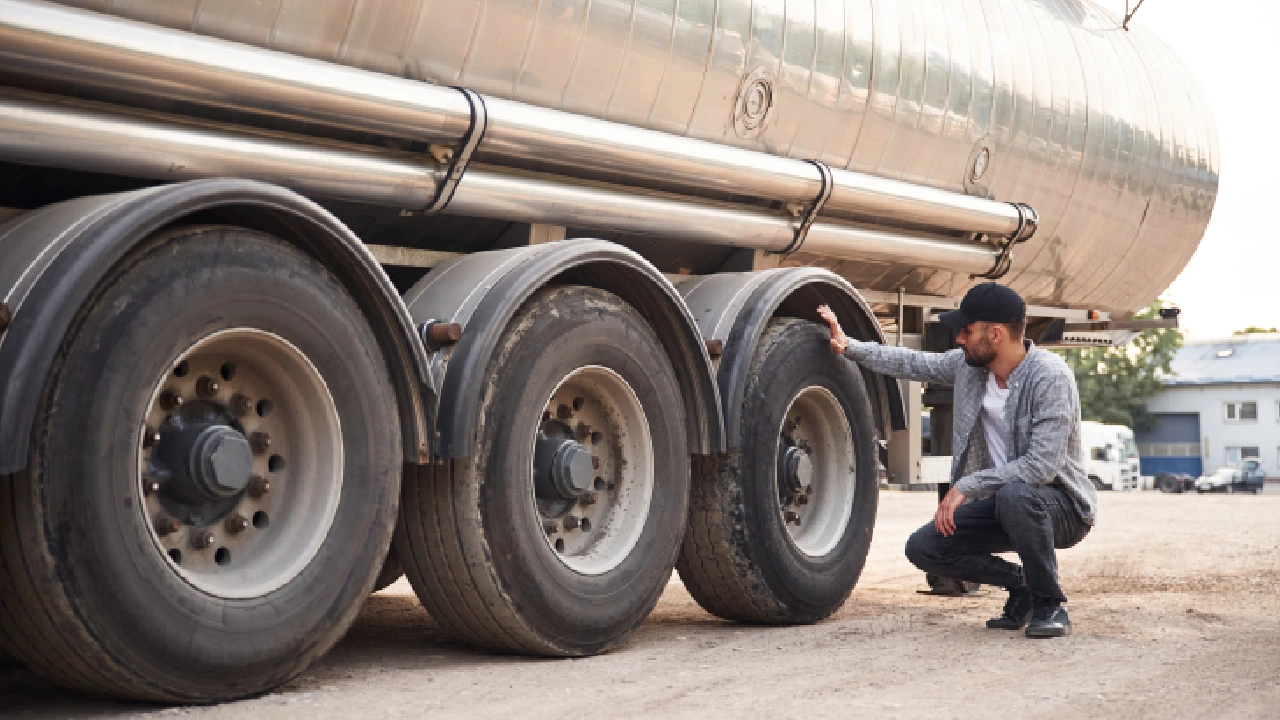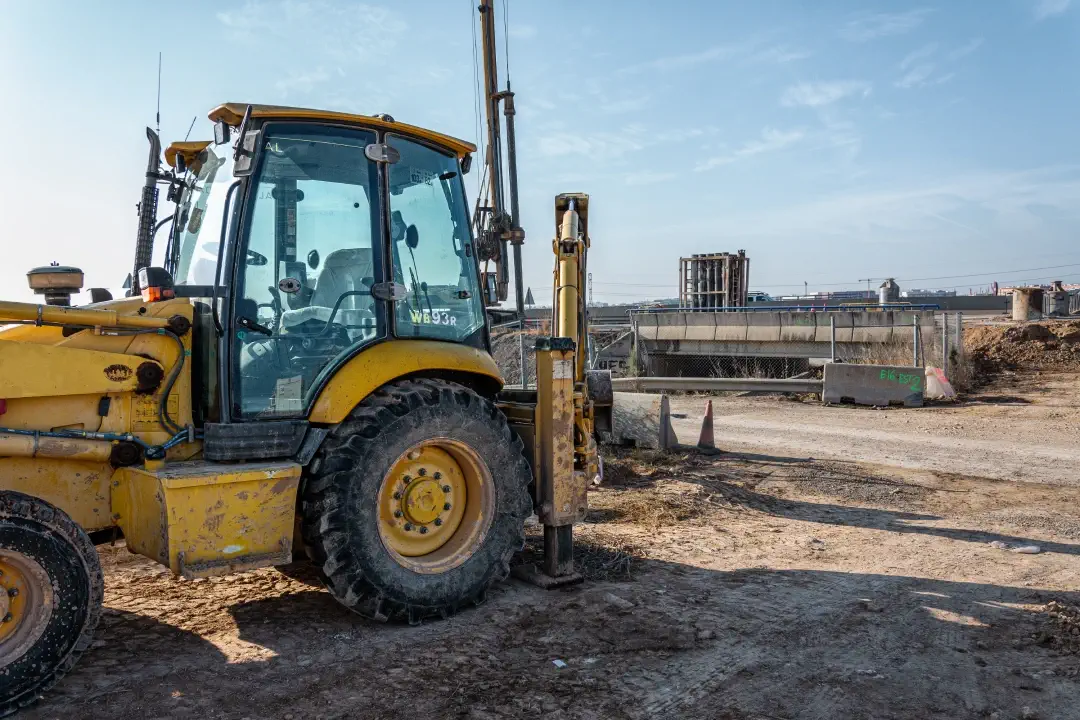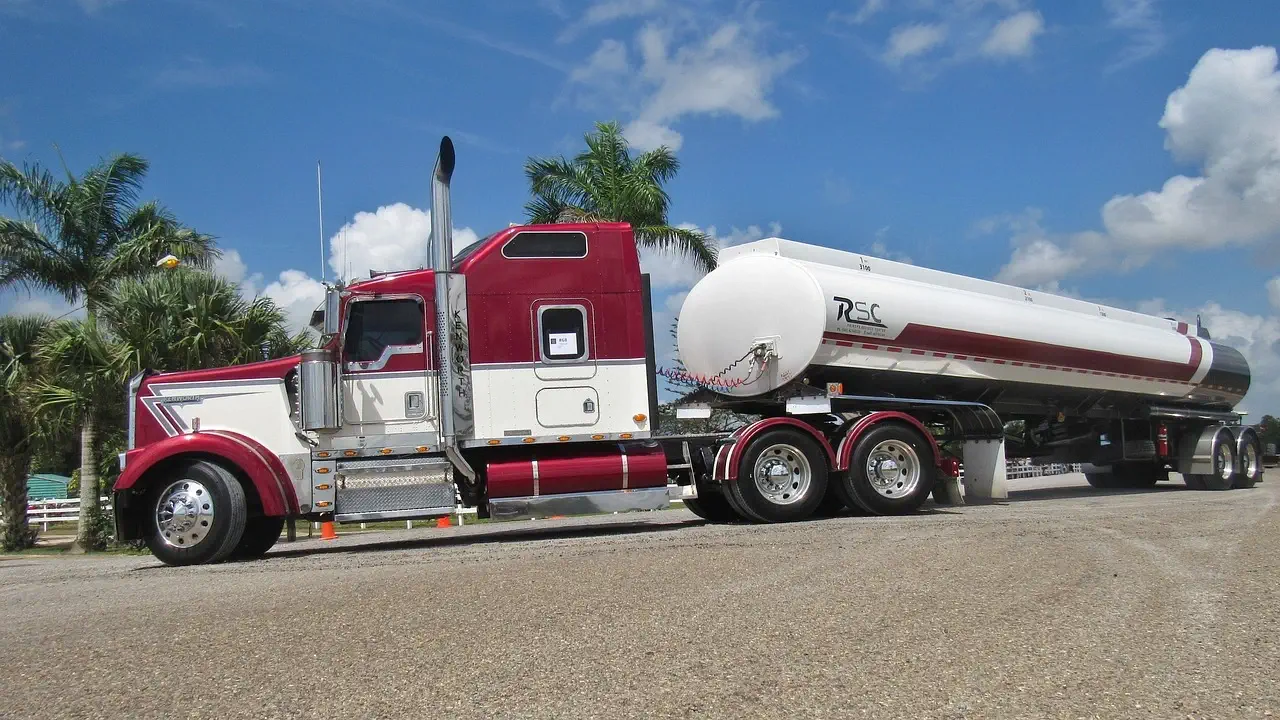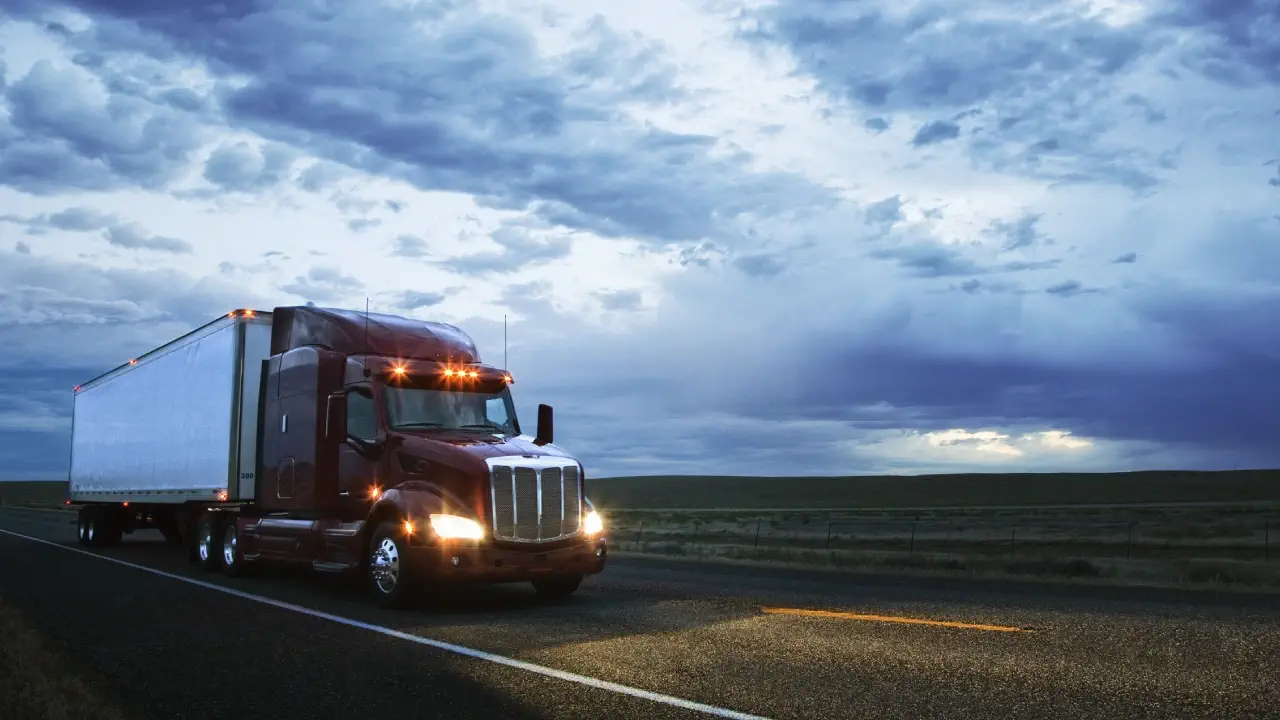As a small business owner, your company, employees and customers are more than numbers on a sheet. They’re important to you. That’s why you always go the extra mile to take care of them. Unfortunately, natural disasters and other emergencies can take even the best owners by surprise.
How can you keep your small business healthy when the going gets tough?
Small Business Needs To Prepare For in an Emergency
Preparation makes you more adaptable in the case of natural disasters. If you live in a place with a history of flooding, hurricanes, forest fires or tornadoes, there may be steps you can take to be ready for worst-case scenarios.
Here are a few common needs:

- Equipment: Any equipment directly connected to business operations is vital for your company’s survival. For a construction company, heavy machinery such as excavators has a huge impact on business profits and health. Getting construction equipment financing can be a top priority.
- Customers: In the days following a natural disaster, your customers need to know that your company is still alive and well. That means keeping your website up and running. Reaching out to clients can help you maintain a strong relationship.
- Buildings: You need a functional business headquarters. If you own a commercial property, this can mean taking care of repairs, cleanup or reconstruction. In the meantime, can you run things out of an alternative office or warehouse space?
- Inventory: If your business relies on selling products, make sure you replace any damaged inventory as soon as possible. Focus on high-demand items first. Maintaining good communication with your customers can help.
- Monthly expenses: Payroll, rent and energy bills are among the biggest priorities for keeping your doors open. One way to deal with this is to set aside an emergency fund in your savings account. If possible, save for three to six months of business costs.
It’s easier to take care of your business if you know what kind of emergencies you may have to deal with. No matter what happens, your goal should always be to safeguard the essential elements of your business first. The order varies according to your company’s focus.
Emergency Financing Options That Really Help Small Businesses
Working capital is vital for small businesses in any kind of emergency. Whether you’re facing a natural disaster or financial difficulties, there’s likely a type of financing that can help.
Here are a few tools to look into:

- Invoice factoring: This kind of alternative financing is similar to a merchant cash advance. It’s not a loan, so you don’t have to worry about debts or poor credit. Basically, you exchange unpaid invoices for upfront business capital. Instead of waiting 30 to 90 days for customers to pay, you get most of your money immediately.
- Heavy equipment loans: Equipment loans are great because the equipment itself acts as collateral. Construction equipment financing can help you get heavy machinery quickly. Restaurants can use this tool to restore food prep surfaces, ovens, POS terminals, and other equipment.
- Purchase order financing: This option can help shore up your cash flow. Basically, you submit your customers’ purchase orders, and the financier provides financing directly to your suppliers and makes sure the products are delivered on time. This way your clients stay happy even if you’re still in the process of building up inventory after a disaster.
- Business lines of credit: Essentially a blank check for any business needs, lines of credit give you easy access to working capital. You can use it for payroll, taxes, inventory purchases, and other essentials. Qualifying for business lines of credit is one of the best preventative measures you can take for emergencies.
With dedication, flexibility, and access to working capital or construction business loans, your company can absolutely pull through emergencies and triumph. Financing can help you prepare for the unexpected.
How To Choose the Right Type of Emergency Financing for Your Business

Business construction loan rates vary. The best options for disaster financing depend on your customers, business operations and the type of disaster that occurs.
If you don’t have a lot of time to wait, alternative financing such as invoice factoring can provide you with emergency capital in hours instead of weeks.
At First Capital Business Finance, we know that business emergencies can make it hard to concentrate. That’s why we’re always available to help. We can walk you through the pros and cons of every option available.
For more information about emergency capital, schedule a free appointment with our team.
Small Business Emergency Financing Tips | First Capital

